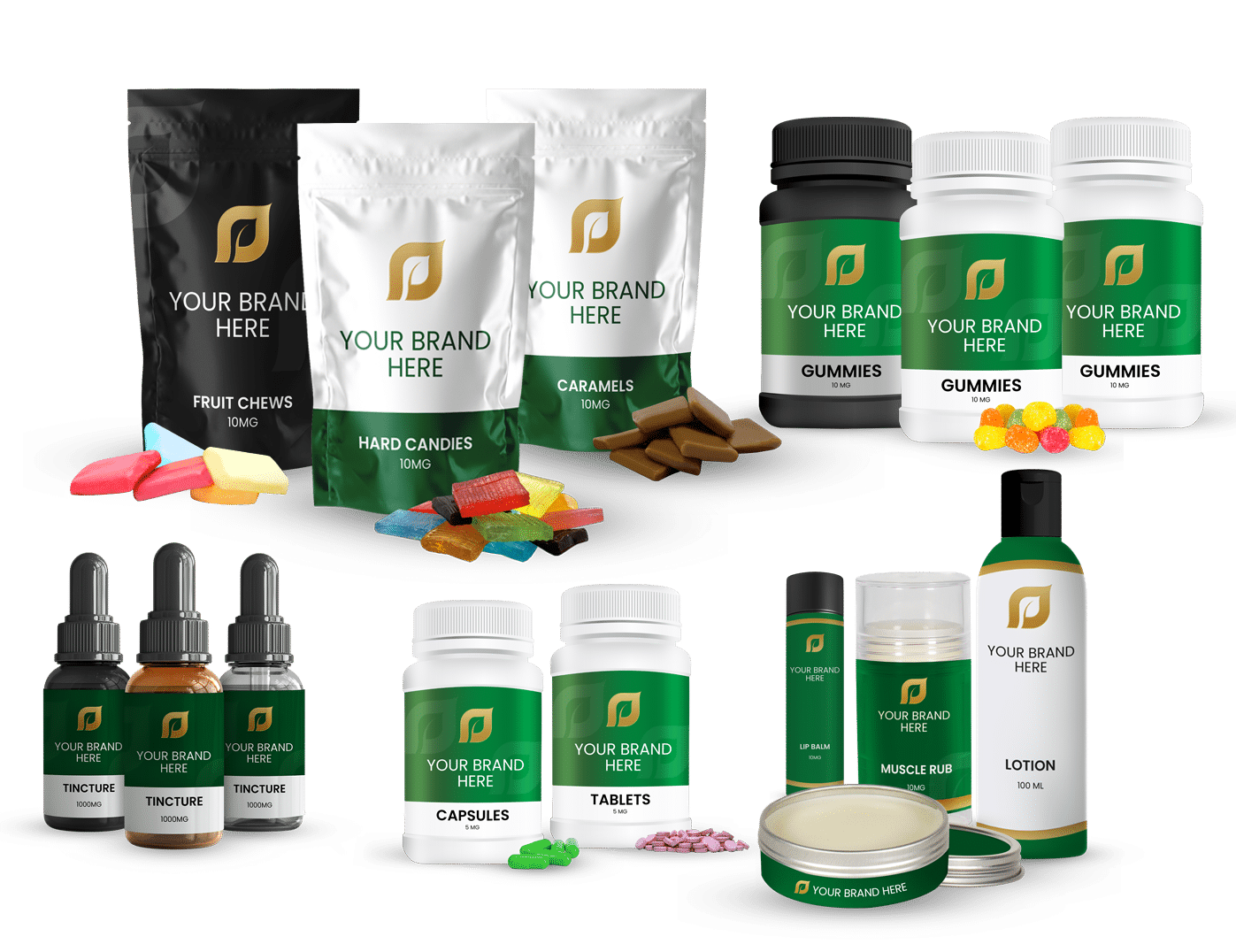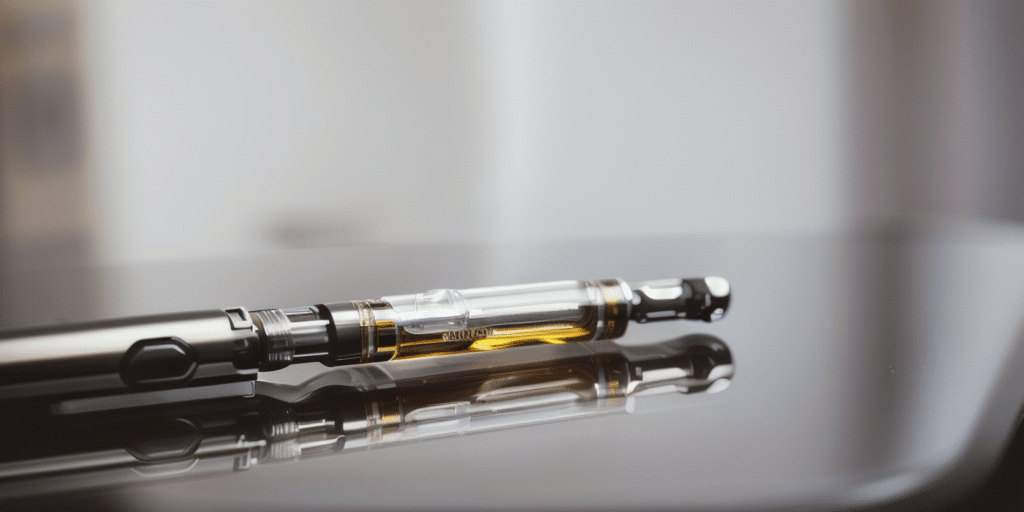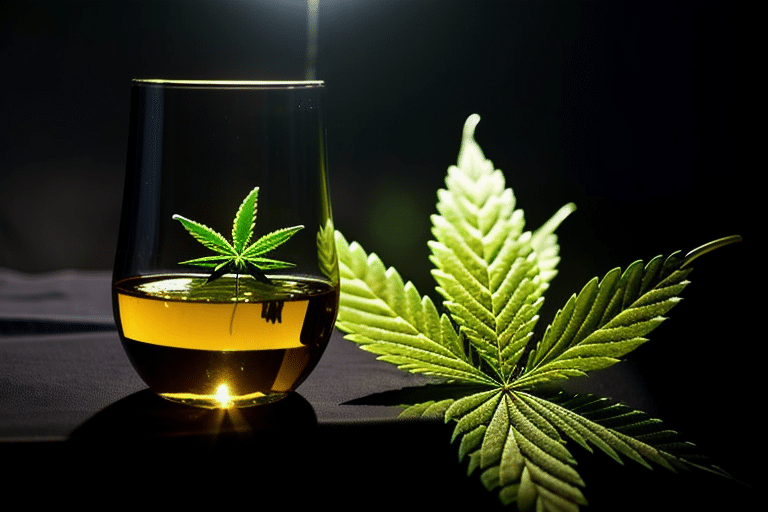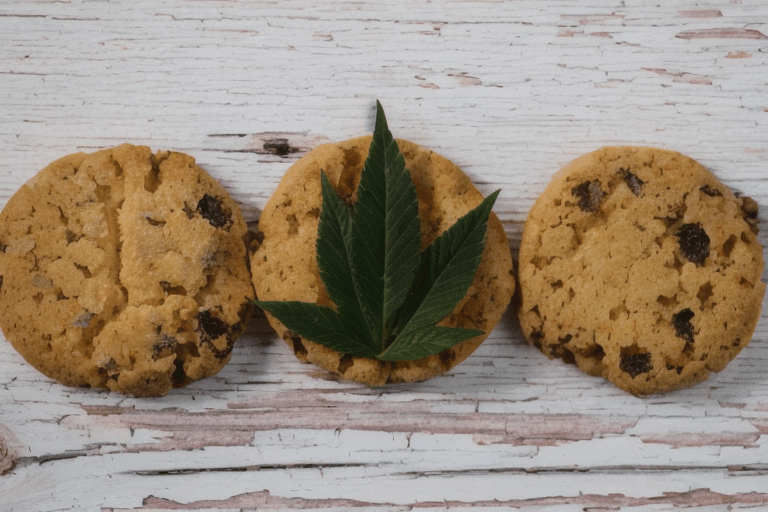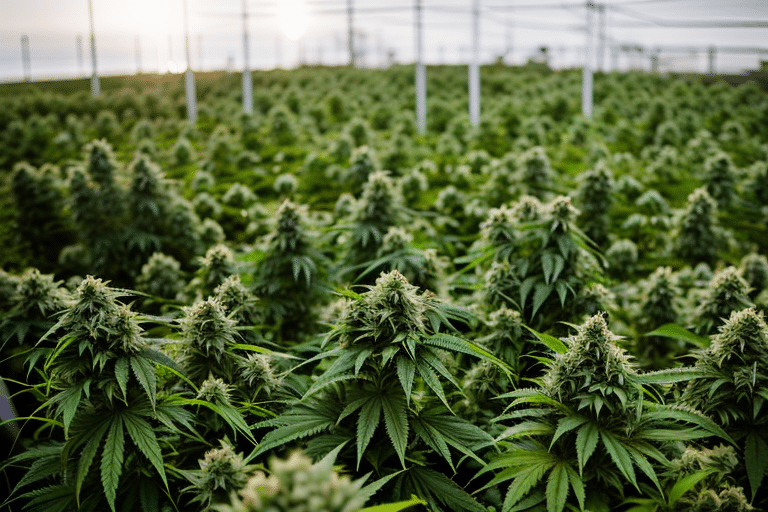Delta 9 THC, also known as Delta 9-tetrahydrocannabinol, is a well-known cannabinoid recognized for its psychoactive effects. It’s the compound in cannabis that gets you “high.” But beyond its notorious reputation, Delta 9 plays an important role in the therapeutic potential of cannabis.
To buy Delta-9 THC products, you generally need to be 21, aligning with alcohol purchase age requirements. However, some states allow 18-year-olds to buy medical cannabis with a prescription. Check local laws for specifics.
The legal status of Delta 9 is a bit tricky. While it’s federally legal under the 2018 Farm Bill, this only applies to hemp-derived products with Delta 9 concentrations of less than 0.3%. Anything above this threshold is still considered marijuana and thus remains federally illegal.
On the state level, laws can vary significantly. Some states have fully legalized cannabis, including Delta 9, while others maintain stricter controls. Always double-check your local laws before purchasing any cannabis product.
As for age requirements, they’re typically aligned with those for alcohol. Most states require you to be at least 21 years old to purchase products containing Delta 9 THC. However, some states allow individuals aged 18 and older to buy medical cannabis if they have a valid prescription. Again, local laws dictate these specifics, so it’s important to verify this information based on your location.
Navigating the world of cannabis, especially substances like Delta 9 THC, requires a careful balance of knowledge and adherence to regulations. As we delve deeper into this topic, remember that being an informed consumer is key to safe and responsible use.
Table of Contents
ToggleHow Does Delta 9 Differ From Delta 8?
While Delta 9 THC might be the star of the show, it’s not the only player on stage. Meet Delta 8 THC — a less well-known but equally fascinating cannabinoid. Although they share similar names, there are notable differences between Delta 9 and Delta 8 in terms of legality, the manufacturing process, and their effects on CB1 and CB2 cannabinoid receptors.
Starting with legality, both Delta 9 and Delta 8 fall under the stipulations of the 2018 Farm Bill, which legalized hemp-derived products with a THC concentration of less than 0.3%. However, because most Delta 8 is synthesized from CBD in a lab, it exists in a legal grey area compared to its naturally occurring counterpart, Delta 9.
As for the manufacturing process, while Delta 9 occurs naturally in cannabis plants, Delta 8 is typically created through specific chemical reactions in a lab setting. Through a process called isomerization, CBD — another cannabinoid — is transformed into Delta 8 THC.
Now, let’s talk about how these two cannabinoids interact with your body. Both Delta 9 and Delta 8 bind to CB1 and CB2 cannabinoid receptors in your body’s endocannabinoid system. However, they do so differently. Delta 9 has a higher affinity for the CB1 receptor, primarily located in the brain, leading to stronger psychoactive effects. On the other hand, Delta 8 binds more lightly to these receptors, resulting in milder effects that users often describe as more clear-headed and calming.
Understanding these differences can help you make an informed decision about which type of THC product might best suit your needs. Just remember: whether you’re considering a product with Delta 9 or Delta 8, always check the legal status in your state before making a purchase.
Why Does State Regulation Matter When Purchasing Delta 9 Products?
You might be asking, “If the 2018 Farm Bill federally legalized Delta 9 and other hemp-derived products with less than 0.3% THC, why should I worry about state regulations?” Well, here’s the deal: while federal guidelines provide a general framework, state laws can and do vary when it comes to Delta 9 THC.
Some states follow the federal script closely, allowing the sale and use of Delta 9 THC as long as it complies with the Farm Bill stipulations. However, other states have stricter controls or even decriminalizing policies that diverge from the federal guidelines.
For instance, some states may have stricter age restrictions for purchasing Delta 9 products, while others might limit the types of products available — you might find oils and tinctures but not edibles or vapes. And then there are states that have decriminalized cannabis entirely, meaning they’ve removed criminal penalties for possession of small amounts.
The bottom line? State regulations shape the landscape of what you can buy, where you can buy it, and who can buy it when it comes to Delta 9 THC. That’s why it’s essential to familiarize yourself with your local regulations before purchasing any Delta 9 product. By understanding these laws, you can ensure you’re making legal and safe choices in your wellness journey.
What Is The Legality Of Delta-9 THC In Each State?
| State | Legal Status of Hemp Delta-9 THC |
|---|---|
| Alabama | Legal |
| Alaska | Legal with specific THC content limits |
| Arizona | Legal |
| Arkansas | Legal |
| California | Legal but with severe restrictions |
| Colorado | Legal but banned in case of chemical conversion |
| Connecticut | Legal with total THC content limits |
| Delaware | Legal with total THC content limits |
| Florida | Legal |
| Georgia | Legal with product limitations |
| Hawaii | Legal with certain product bans |
| Idaho | Illegal |
| Illinois | Legal |
| Indiana | Legal |
| Iowa | Legal with exceptions for legal hemp products |
| Kansas | Legal with specific conditions |
| Kentucky | Legal |
| Louisiana | Legal |
| Maine | Legal |
| Maryland | Legal |
| Massachusetts | Legal |
| Michigan | Legal with total THC content limits |
| Minnesota | Legal |
| Mississippi | Legal with specific CBD to THC ratio limits |
| Missouri | Legal |
| Montana | Legal |
| Nebraska | Legal |
| Nevada | Legal with total THC content limits |
| New Hampshire | Legal |
| New Jersey | Legal |
| New Mexico | Legal |
| New York | Legal |
| North Carolina | Legal |
| North Dakota | Legal but with significant restrictions |
| Ohio | Legal |
| Oklahoma | Legal |
| Oregon | Legal with regulations for psychoactive products |
| Pennsylvania | Legal but pending future restrictions |
| Rhode Island | Legal with restrictions on other THC isomers |
| South Carolina | Legal with potency limits |
| South Dakota | Legal with total THC content limits |
| Tennessee | Legal |
| Texas | Legal for adults over 21 |
| Utah | Legal |
| Vermont | Legal but with potential restrictions against synthetic cannabinoids |
| Virginia | Legal |
| Washington | Legal but with conversion ban likely to impact availability |
| West Virginia | Legal |
| Wisconsin | Legal |
| Wyoming | Legal |
How Can Consumers Safely Purchase and Consume Delta-9 Products?
So, you’ve done your homework on the legality of Delta 9 THC in your state. You’re ready to try it out for yourself. But how can you make sure you’re making a safe purchase? Here are some crucial points to consider.
Firstly, always verify product compliance with local laws. Remember, it’s your responsibility as a consumer to ensure that what you’re buying is legal in your state. One way to do this is by checking if the product has a Certificate of Analysis (COA) from an accredited laboratory. This document will verify that the product’s THC content meets federal and local regulations.
Secondly, take note of the THC potency. While Delta 9 products derived from hemp must contain less than 0.3% THC according to federal guidelines, the actual amount can vary between products. Make sure you’re comfortable with the THC level before making a purchase.
Another key factor is understanding whether the product is hemp or marijuana-derived. While these plants are both members of the cannabis family, they differ in their cannabinoid content. Hemp-derived products are typically low in THC, while marijuana-derived products may contain higher levels of THC. Again, this is where reviewing the COA can provide valuable insights.
Remember, though, navigating this sea of information shouldn’t be a solo journey. Consulting healthcare professionals before use is a smart move. They can provide guidance based on your health history and help you understand potential interactions with other medications.
Do you need custom private label Delta 9 products produced for your cannabis business?
SEE WHAT WE CAN DO
Do you need custom private label Delta-9 products produced for your CBD business?
SEE WHAT WE CAN DO
What Are the Potential Risks and Benefits Associated with Using Full Spectrum CBD Products Containing Delta 9?
Now that we’ve covered how to safely purchase and consume Delta 9, let’s dive into the potential risks and benefits of using full spectrum CBD products that contain this cannabinoid.
First, let’s talk about the elephant in the room – one of the main risks associated with using full spectrum CBD products containing Delta 9 is the risk of positive drug tests. Many workplaces and professional sports leagues have strict policies about THC consumption. Even though the amount of Delta 9 THC in these products might be within legal limits, it could still show up on a drug test. It’s important to be aware of this risk if you’re subject to regular drug screening.
Another risk to consider is the potential legal issues when traveling with Delta 9. Laws on cannabis vary widely around the world and even between states within the US. If you’re carrying full spectrum CBD products containing Delta 9, you could run into legal troubles if you cross into a jurisdiction where these products are prohibited. Always check local laws before traveling with any cannabis product.
But let’s not forget about the benefits! One of the main advantages of full spectrum CBD products is that they contain a range of cannabinoids, not just CBD. This means they could offer what’s known as an “entourage effect,” where the different components work together to enhance each other’s benefits.
One of these benefits is responsible THC consumption. When used appropriately, THC can have therapeutic effects such as pain relief, mood enhancement, and increased appetite. Just remember, it’s all about balance and moderation.
Navigating the Complex World of Delta 9
Navigating the complex world of Delta 9 THC can indeed be a challenge, but it’s a journey worth undertaking. Today, we’ve covered a lot of ground together, from understanding what Delta 9 is, its legal status under the 2018 Farm Bill, and the typical age requirement to purchase it. We’ve also seen how Delta 9 differs from other THC variants like Delta 8 and the pivotal role CB1 and CB2 cannabinoid receptors play in this dynamic.
But the learning doesn’t stop there. In our quest to make informed decisions about Delta 9 products, we’ve tackled why state regulations matter and how they can differ from federal guidelines. We spotlighted states with stricter controls as well as those with decriminalizing policies.
Through our discussion on safely purchasing and consuming Delta-9 products, we underscored factors such as verifying product compliance with local laws, checking THC potency, and understanding whether a product is hemp or marijuana-derived. And let’s not forget our deep dive into the potential risks and benefits associated with using full spectrum CBD products containing Delta 9.
Weighing out these potential risks, like positive drug tests and legal issues when traveling, against benefits like responsible THC consumption can help you make an informed decision about whether these products are right for you.
Remember folks, the key to successfully navigating this landscape lies in being well-informed about local regulations and purchasing from reputable sources. Always consult with healthcare professionals before starting on any product. Your wellness journey is unique, and it’s important to tailor it to your specific needs.
So here’s to safe and informed exploration in the ever-evolving world of Delta 9!

